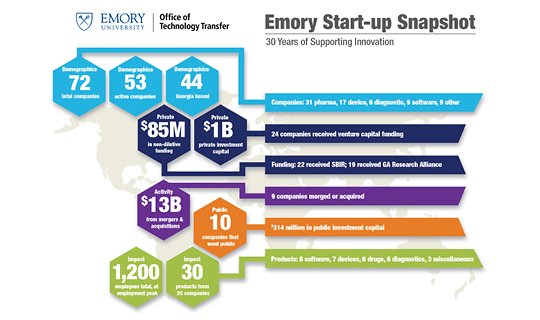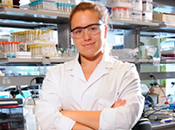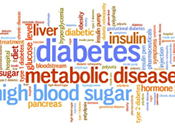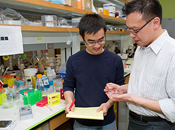If this message displays incorrectly, please view the web page

OCTOBER 23, 2014 Research Extras |
 |
||
| Emory's Start-up Success | ||
BIOTECHNOLOGY
Tech Transfer Survey of 72 Emory Start-up Companies Shows Broad Health and Economic Impact
The first comprehensive survey of Emory-created start-up companies details success in metrics from guiding life-saving products to market and into patient care, to attracting research funding, to creating jobs. Read more...
 |
| Erika Tyburski leads a collaborative development teach from Emory and Georgia Tech |
One-Minute Disposable Anemia Test Could Allow At-Home Monitoring
A simple disposable device that uses a single drop of blood could help patients with chronic anemia monitor their blood hemoglobin levels at home, heading off emergency room visits and hospitalizations. Anemia affects two billion people worldwide, and monitoring currently requires blood tests done with costly equipment. Read more...
 |
| Guidelines should change to include systematic screening of all adults for prediabetes and early type 2 diabetes, say physician/researchers. |
Routine Screening Could Diagnose Diabetes Much Earlier, Impact Millions
Finding and treating prediabetes and early type 2 diabetes through better routine screening could help prevent or delay the disease and its complications, say Emory doctors and their colleagues. Diabetes is usually diagnosed and first treated about 10 years later than it could be, although studies show early lifestyle changes and drug therapy can significantly change the course of the disease. Read more...
 |
| Yongzhi Qui and Wilbur Lam found that platelets respond to surfaces by increasing their stickiness. |
Discoveries about Platelets Could Improve Blood Thinners and Help Prevent Clotting With Medical Devices
A discovery that platelets become stickier when responding to surfaces could help scientists overcome the common problem of clot formation with implanted medical devices. It also could guide the refinement of blood thinning drugs prescribed to millions to reduce the risk of heart attack or stroke. Read more...
Link to current issue | Archives | More Research News | Contact Us
Editor, Holly Korschun, Director of Research Communications
Managing Editor, David S. Stephens, MD, Vice President for Research